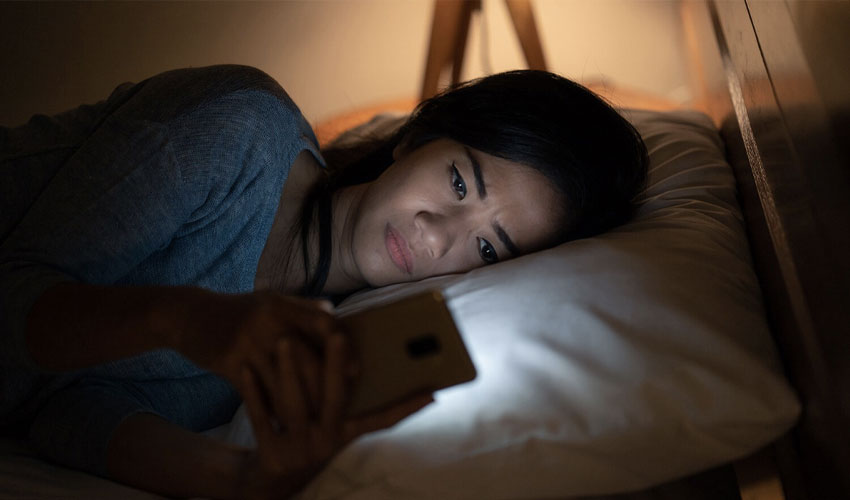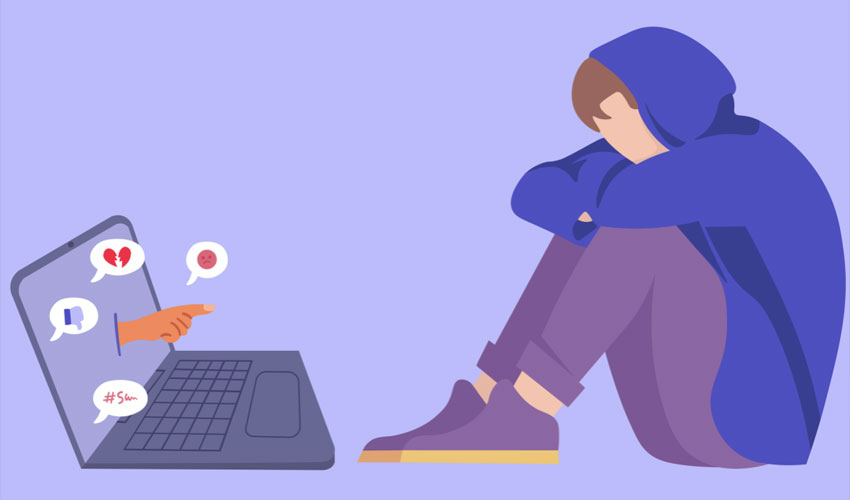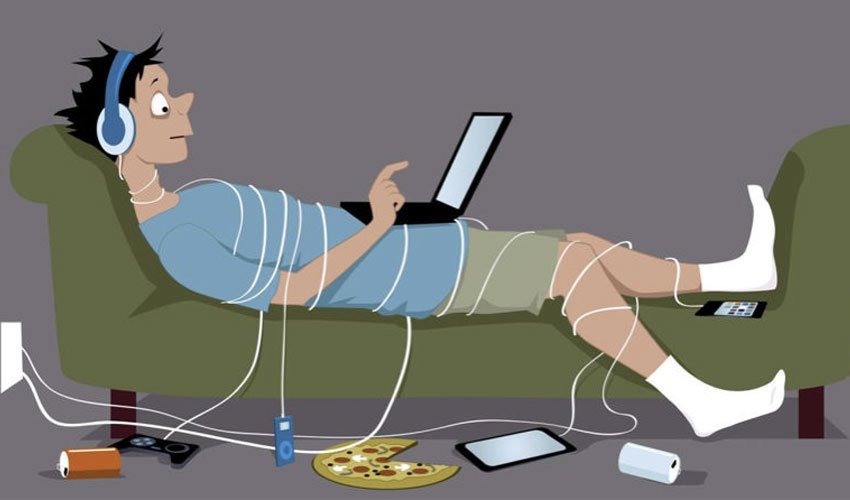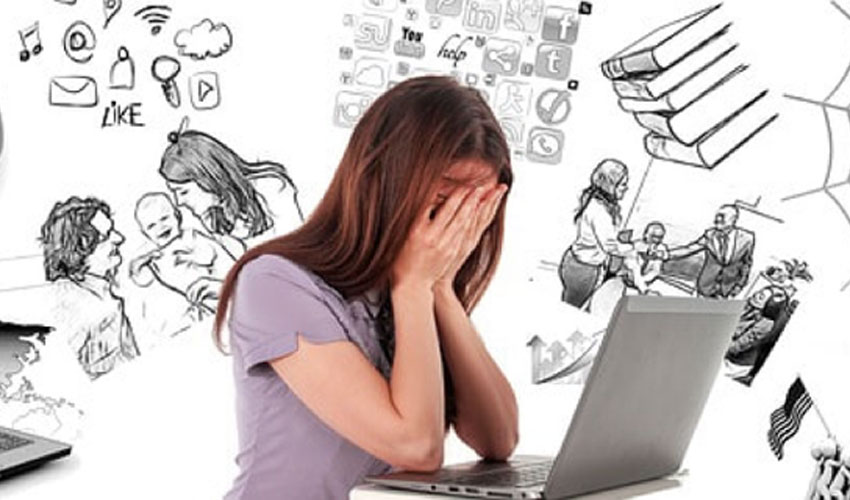In today’s digitally driven world, technology surrounds us at every turn, shaping how we live, work, and communicate. While technological advancements have undoubtedly brought numerous benefits.
It’s crucial to recognize that they also carry a range of negative effects, particularly on our mental well-being.
Social Isolation
Despite the illusion of constant connection, excessive use of technology can lead to social isolation. Spending too much time on devices can detract from face-to-face interactions, weakening real-life social bonds and contributing to feelings of loneliness and alienation.
Social isolation, in the context of technology, often occurs when individuals become overly reliant on digital communication channels as their primary means of social interaction. While these platforms offer convenience and accessibility, they may inadvertently contribute to a sense of disconnection from real-world relationships.
Increased Anxiety
The constant influx of notifications, emails, and messages can heighten anxiety levels, creating a sense of being always “on” and unable to fully disconnect. This perpetual state of connectivity can exacerbate stress and lead to burnout.

Sleep Disturbances
The blue light emitted by screens disrupts our circadian rhythms, making it harder to fall asleep and negatively impacting the quality of our rest. Sleep deprivation, in turn, can impair cognitive function and mood regulation, exacerbating mental health issues.
Depression
Excessive use of social media has been linked to higher rates of depression, as users compare their lives to carefully curated online personas, leading to feelings of inadequacy, jealousy, and low self-esteem.

Cyberbullying
The anonymity afforded by the internet can embolden individuals to engage in hurtful behaviour online, leading to cyberbullying. Victims of cyberbullying may experience significant psychological distress, including anxiety, depression, and suicidal ideation.
Unlike traditional bullying, cyberbullying can occur anonymously and reach a much broader audience, making it particularly insidious and difficult to escape. One of the most troubling aspects of cyberbullying is its pervasive nature. With the rise of social media platforms, messaging apps, and online forums, bullies have countless avenues through which to target their victims. Hurtful comments, rumours, and derogatory messages can spread rapidly across cyberspace.
Attention Deficit
The constant bombardment of information from various digital sources can impair our ability to focus and concentrate, leading to decreased productivity and increased feelings of frustration and overwhelm. One of the primary culprits behind attention deficit in the digital age is multitasking. While multitasking may seem like a productivity booster, research suggests that it actually undermines our ability to focus on any single task effectively. Constantly switching between tasks divides our attention, leading to decreased productivity and increased errors.
Body Image Issues
Exposure to unrealistic beauty standards perpetuated by social media and digital imaging software can contribute to body image issues, eating disorders, and a distorted sense of self-worth, particularly among young people.
Technostress
The rapid pace of technological change can create feelings of technostress, characterized by a sense of being overwhelmed by technology and an inability to keep up. This chronic stress can take a toll on mental health and overall well-being.
Reduced Physical Activity
Sedentary behaviours associated with excessive screen time can lead to a decline in physical activity levels, which, in turn, can negatively impact both physical and mental health, increasing the risk of obesity and related health conditions.
Diminished Empathy
Over-reliance on digital communication can erode empathy and interpersonal skills, as face-to-face interactions are replaced by text-based exchanges lacking the nuances of nonverbal cues. This can lead to a decreased ability to understand and connect with others on an emotional level.

While technology undoubtedly brings numerous benefits and advancements to society, it’s essential to acknowledge and address its negative effects on mental health. From social isolation to increased anxiety and diminished empathy, the impacts of excessive screen time and digital dependency are far-reaching. By fostering a healthy relationship with technology and promoting digital well-being, we can mitigate these negative effects and strive for a more balanced and fulfilling existence in our increasingly digital world.
Frequently Asked Questions
Q1. How does technology contribute to social isolation?
Technology can contribute to social isolation by encouraging individuals to prioritize virtual interactions over face-to-face relationships. Excessive use of social media and digital communication channels may lead to neglecting real-life social connections, resulting in feelings of loneliness and alienation.
Q2. What role does technology play in exacerbating anxiety?
Technology can exacerbate anxiety by creating a constant sense of connectivity and information overload. The influx of notifications, emails, and messages can lead to a feeling of being always “on,” heightening stress levels and contributing to burnout.
Q3. How does screen time affect sleep patterns?
The blue light emitted by screens disrupts our circadian rhythms, making it harder to fall asleep and negatively impacting the quality of our rest. Excessive screen time before bedtime can lead to sleep disturbances and contribute to insomnia.
Q4. What impact does social media have on mental health?
Excessive use of social media has been linked to higher rates of depression, anxiety, and low self-esteem. Constant exposure to curated online personas and unrealistic beauty standards can contribute to feelings of inadequacy and jealousy.

